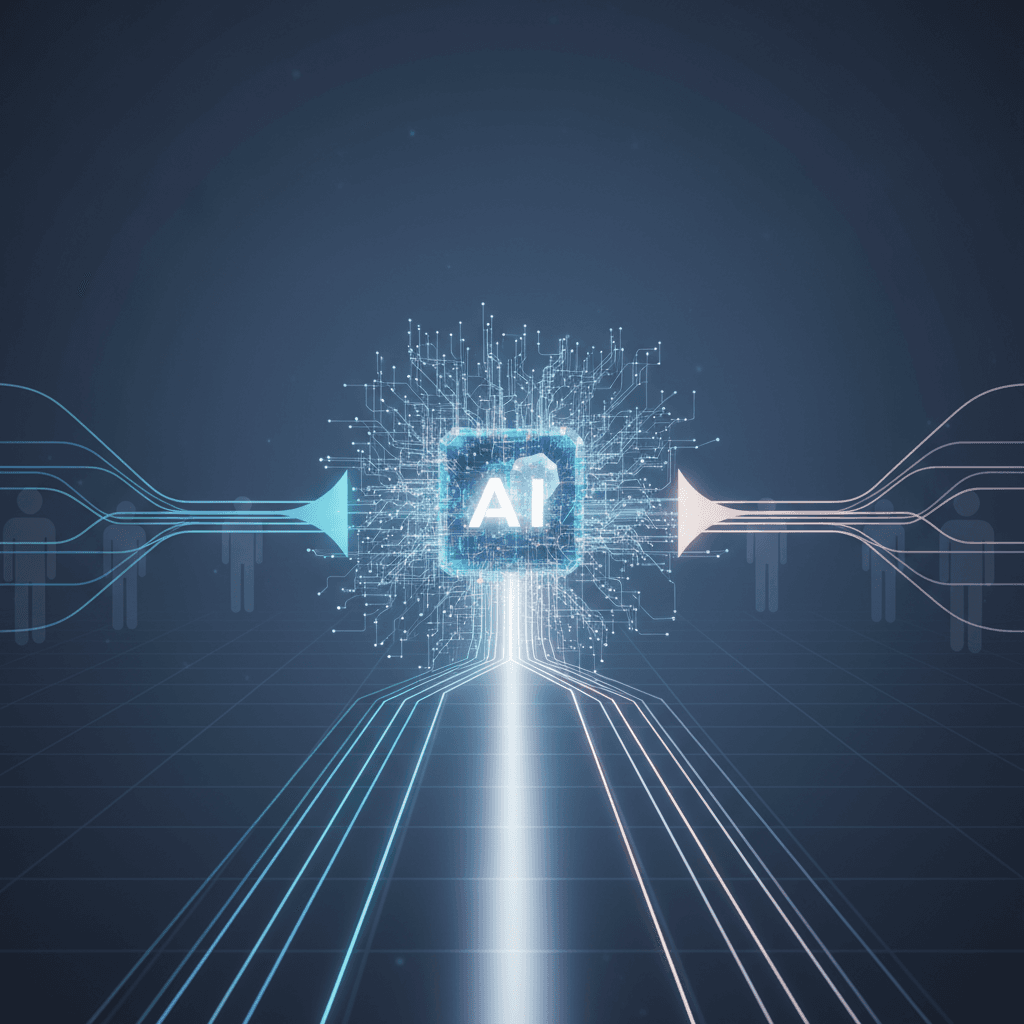OpenAI's GPT-5 slashes political bias by 30%, targets AI neutrality.
OpenAI's GPT-5 claims 30% less bias, but its internal metrics face scrutiny in the complex pursuit of AI neutrality.
October 10, 2025

In a significant move to address one of the most persistent criticisms plaguing the artificial intelligence industry, OpenAI has announced that its latest suite of models, collectively known as GPT-5, demonstrates a substantial reduction in political bias.[1][2] According to an internal study conducted by the company, the new models exhibit 30 percent less political bias compared to their predecessors, a claim that, if substantiated by independent analysis, could mark a notable step toward achieving the elusive goal of AI neutrality.[3][1][2] The announcement comes as AI developers face increasing scrutiny over the values embedded in their systems and the potential for these powerful tools to influence public discourse and user perceptions.[4][5]
At the heart of OpenAI's assertion is a new, internally developed framework for defining and measuring political bias in its large language models.[3][1][2] The research, spearheaded by the company's Model Behavior division, evaluated the new GPT-5 Instant and GPT-5 Thinking models against previous versions like GPT-4o.[1] The evaluation used a dataset of approximately 500 prompts covering 100 different political and cultural topics, with each prompt rewritten from five distinct ideological perspectives, ranging from "conservative-charged" to "liberal-charged".[1] To quantify the responses, OpenAI identified five "axes" of bias: user invalidation (dismissing a user's viewpoint), user escalation (amplifying a user's charged tone), personal political expression (the model stating opinions as its own), asymmetric coverage (unevenly presenting multiple viewpoints), and political refusals.[1] According to the company's findings, the GPT-5 models showed improved robustness and objectivity, particularly when faced with emotionally charged or politically loaded questions.[1] While acknowledging that moderate bias can still emerge in response to such prompts, OpenAI estimates that in real-world usage, fewer than 0.01% of all ChatGPT responses show any signs of political bias.[1]
The challenge of accurately measuring and mitigating political bias in AI, however, is a complex and contentious issue that extends far beyond any single company's internal efforts.[5] Political and ideological bias remains an open research problem, and many existing benchmarks have been criticized for their limitations.[1] Standardized tests like the Political Compass, for example, often rely on multiple-choice questions that fail to capture the nuances of how bias can manifest in open-ended, conversational interactions.[1] Critics of the AI industry have long argued that models, trained on vast swathes of internet data, inherently reflect the biases present in that data, which has historically resulted in a left-leaning orientation in many popular models.[6] The very act of defining "neutrality" is fraught with philosophical and political challenges, as what one group considers objective, another might see as inherently biased. This makes the creation of a universally accepted standard for measuring AI bias an incredibly difficult task. Consequently, internal studies, while offering valuable insight into a company's efforts, are often met with skepticism from the broader research community, which awaits independent, third-party validation.
The push for less biased AI is not occurring in a vacuum. OpenAI's announcement is part of a wider industry trend, with competitors like Meta and Anthropic also publicizing their efforts to tackle AI neutrality.[3] This collective focus underscores the high stakes involved as generative AI becomes more deeply integrated into daily life, from education and information retrieval to professional and personal communication.[4] The societal implications of biased AI are significant; such systems can reinforce harmful stereotypes, deepen social and political polarization, and erode public trust.[7][4][5] By creating AI tools that users perceive as more objective, tech companies aim not only to improve their products but also to build the trust necessary for their widespread and responsible deployment.[3][2] For the AI industry, demonstrating a commitment to fairness and objectivity is becoming a crucial component of corporate responsibility and a prerequisite for maintaining credibility with users, regulators, and the public at large.
In conclusion, OpenAI's report of a 30 percent reduction in political bias in its GPT-5 models represents a confident step forward in the industry's ongoing struggle with AI neutrality. The development of a detailed, multi-faceted framework for measurement is a significant endeavor to translate the subjective concept of bias into quantifiable metrics. However, these findings remain, for now, the result of an internal evaluation. The ultimate significance of this claimed advancement will depend on rigorous, independent verification from the global community of AI researchers and ethicists. As these powerful language models become increasingly influential, the need for transparent, accountable, and validated methods for ensuring their objectivity has never been more critical for the future of technology and its impact on society.